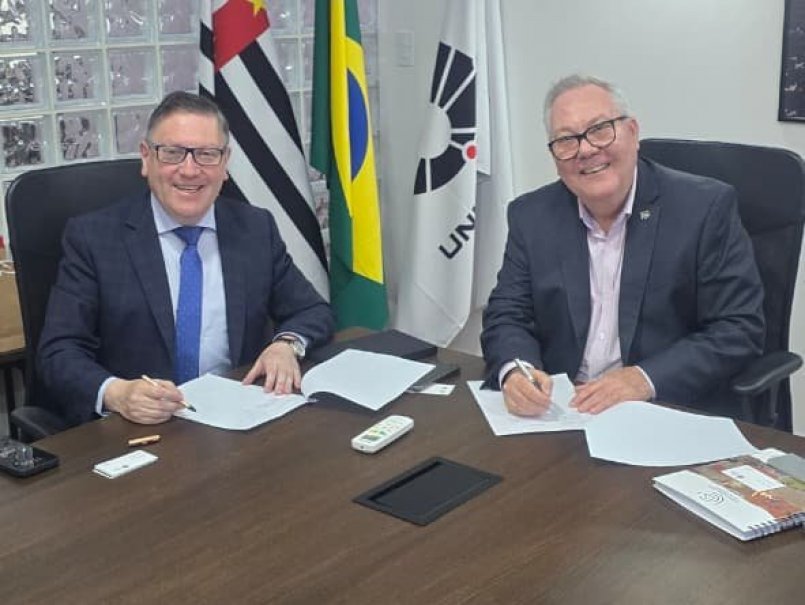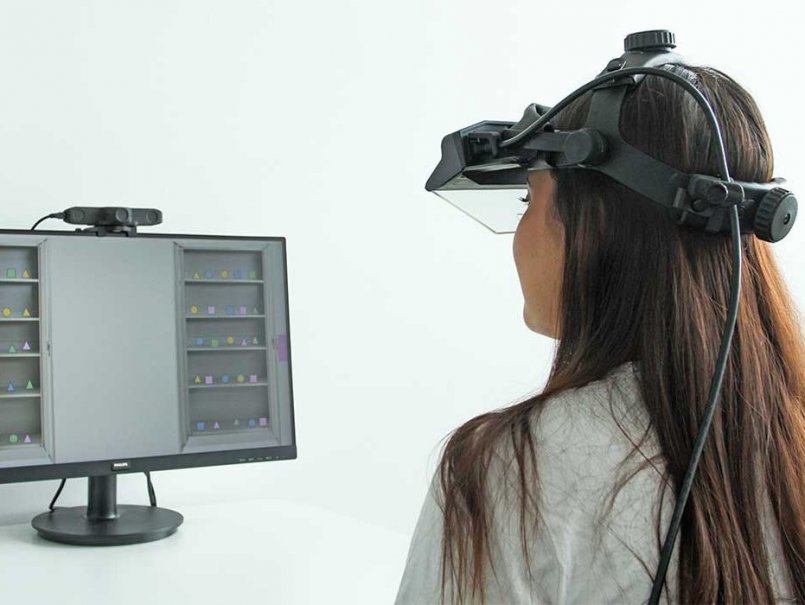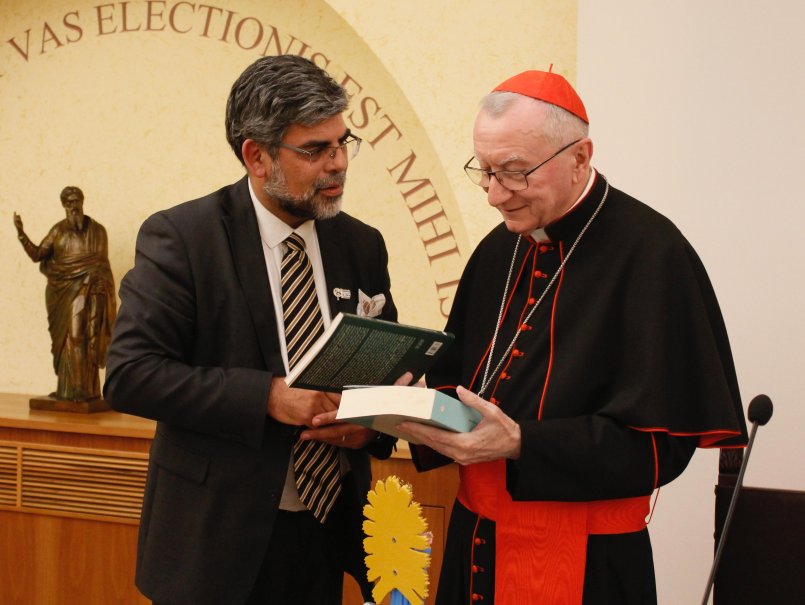
An innovative project using traditional mathematical models along to AI techniques, especially automatic learning to improve productivity in the growing of micro-algae, is being developed by Carlos Martínez, scholar at the Biochemical Engineering School at the Pontificia Universidad Católica de Valparaíso.
We’re talking about “Improvement of dynamic micro-algae cultivation models with autonomous learning”, an Initiation Fondecyt project that aims to digitalize its processes, this is, establishing mathematical micro-algae models that have high fidelity and can accurately represent its growth.
“The idea is that the computer can make decisions based on the state of the crops, thanks to the mathematical model we will introduce. The main Innovation is related with combining classic mathematical modeling with automatic learning methods”, explained Carlos Martínez.
Through the analysis of the information obtained by sensors that measure dissolved oxygen, carbon dioxide, temperature, PH and luminous intensity – among other variables – the mathematical model will be able to predict various scenarios of what could happen with the micro-algae crops, facilitating decision-making to control the good condition of productivity within the reactor.
“This technology is useful for any industry interested in micro-algae production. Micro algae has many uses and applications, for example, in the preparation of food for both humans and animals; in fact, it is not rare to go to a pharmacy and find nutrition supplements based on micro-algae such as clorella vulgaris or spirulina; they are also used in makeup production and biofuels, where they have been less successful, due to low productivity and this is why, counting with precise mathematical models could help us design cultivation strategies that can increase productivity”, described Martínez, who is also a scholar in the Biochemistry Engineering doctoral program at the PUCV.
INDUSTRY 4.0
This initiative aims to the digitalization of bioprocesses, a key concept related to Artificial Intelligence and the Industry of 4.0 – also known as the Fourth Industrial Revolution – which refers to the integration of intelligent digital technologies on industrial and manufacturing processes.
The 4.0 Industry includes device inter-connection, automatization, analysis of great volumes of data and Artificial Intelligence to create intelligent factories and more efficient supply chains. In this context, the Fondecyt Project led by the PUCV scholar intends to create mathematical models that can precisely represent micro-algae growth, thinking about exporting them in the future to contribute to bioprocesses digitalization.
“These hybrid modeling techniques that combine classic models with automatic learning are useful to any bioprocess. During this research we will implement them on micro-algae, but the idea is to extrapolate to other bioprocesses. In fact, we were just awarded an internal inter-disciplinary project of the PUCV in which we will use similar modeling techniques, but on yeasts for the production of recombinant proteins”, Martínez commented.
The project consists of two stages. The first, currently being implemented, is focused on collecting the necessary data to train the model. The second part consists of model training with the idea of having a functional product in the next two years.
By Erika Schubert
Strategic Communications Department



